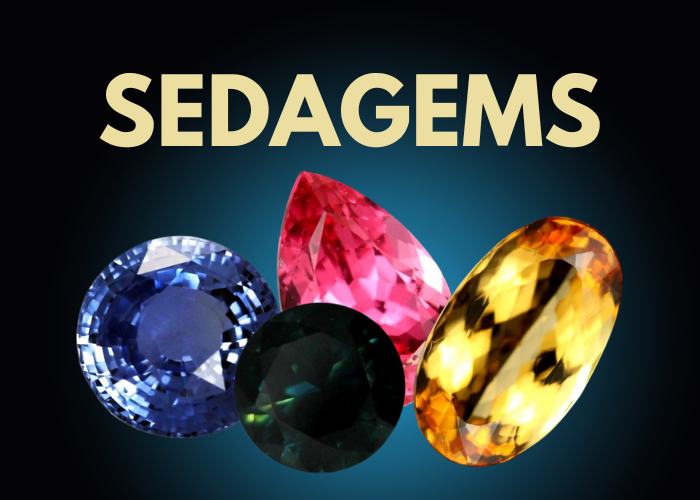ALPHABET AGATE FROM JAVA 2.75 CTS [MX9477]
- SKU
- Dimensions (mm)
- x x mm
- Weight (cts)
- Colours
-
MINERAL GEM WORLD
ALPHABET AGATE
This is a natural untreated agate found it java Indonseia.The cutter looks for lines in the agate rough that merge so he can cut out letters.
Weight 2.75 cts app
Size 10 x 8 x 4 mm app
The heat and fluids which feed hot springs are driven by subsurface volcanic activity. These types of systems are long lived and last from tens of thousands to upwards of millions of years. Recurrent magmatic pulses take place at depth, old conduits reopen and old hot springs regenerate at surface. Chemistry of upwelling fluids may change as they mix with ground water. The water table may change with the climate. Fluids may precipitate their dissolved iron, manganese or other materials along with silica. When an old hot spring gains new life, old cracks, veins and fissures below become conduits for new fluids. These fluids may deposit iron and silica and later seal the old cracks as the system cools down and dies again. These late crack fillings stained by the residual iron or other elements contrast with the older parent agate exhibiting a criss-cross pattern (pull-apart).
Hot spring deposits and their feeder systems can be later exposed at surface by uplift and erosion. The pebble size agates we find in modern day stream beds with red (iron) stained silica cemented (sealed) desiccation cracks are actually the fossil remains of ancient hot spring systems.
The different color agate which fills the healed cracks are just evidence of different mineral saturation in the late stage fluids pulsing the mature hot spring system.
- SKU
- Dimensions (mm)
- x x mm
- Weight (cts)
- Colours
-
MINERAL GEM WORLD
ALPHABET AGATE
This is a natural untreated agate found it java Indonseia.The cutter looks for lines in the agate rough that merge so he can cut out letters.
Weight 2.75 cts app
Size 10 x 8 x 4 mm app
The heat and fluids which feed hot springs are driven by subsurface volcanic activity. These types of systems are long lived and last from tens of thousands to upwards of millions of years. Recurrent magmatic pulses take place at depth, old conduits reopen and old hot springs regenerate at surface. Chemistry of upwelling fluids may change as they mix with ground water. The water table may change with the climate. Fluids may precipitate their dissolved iron, manganese or other materials along with silica. When an old hot spring gains new life, old cracks, veins and fissures below become conduits for new fluids. These fluids may deposit iron and silica and later seal the old cracks as the system cools down and dies again. These late crack fillings stained by the residual iron or other elements contrast with the older parent agate exhibiting a criss-cross pattern (pull-apart).
Hot spring deposits and their feeder systems can be later exposed at surface by uplift and erosion. The pebble size agates we find in modern day stream beds with red (iron) stained silica cemented (sealed) desiccation cracks are actually the fossil remains of ancient hot spring systems.
The different color agate which fills the healed cracks are just evidence of different mineral saturation in the late stage fluids pulsing the mature hot spring system.
| Shipping provider | Shipping to Australia | Shipping to rest of world |
|---|---|---|
| FedEx | $12.00 / 3 days | $39.00 / 10 days |
|
Australia
FedEx is discounted to $12.00 on orders with 2 or more items
Rest of the world
FedEx is discounted to $39.00 on orders with 2 or more items
|
||
| Registered Shipping | $9.00 / 7 days | $16.00 / 21 days |
|
Australia
Registered Shipping is discounted to $9.00 on orders with 2 or more items
Rest of the world
Registered Shipping is discounted to $16.00 on orders with 2 or more items
|
||

-
 Positive
PositiveGreat thank very much, lovely pearls.
-
 Positive
PositiveNice piece of rough. thankyou
-
 Positive
PositiveNice stone. Thankyou
-
 Positive
PositiveHave received the rough. Nice colour. Thankyou
-
 Positive
PositiveBeautiful ametrine. Very fast delivery. Professional seller





![AAA GRADE ROUND PEARL PARCEL HIGH LUSTER- 7 MM [PF2206]](https://liveplatforms-production.b-cdn.net/tenants/gr/uploads/images/245000-249999/245364/245364_1319605247.jpg?width=480&aspect_ratio=1001%3A1000)


![3.10 CTS MINT GREEN GLOSSULAR GARNET ROUGH [F5077]](https://liveplatforms-production.b-cdn.net/tenants/gr/uploads/images/415000-419999/419109/536873d918eb0.JPG?width=480&aspect_ratio=1001%3A1000)
![AMETRINE ROUGH-BOLIVIAN 73.65 CTS [F2455]](https://liveplatforms-production.b-cdn.net/tenants/gr/uploads/images/205000-209999/205274/205274_1290135485.jpg?width=480&aspect_ratio=1001%3A1000)





